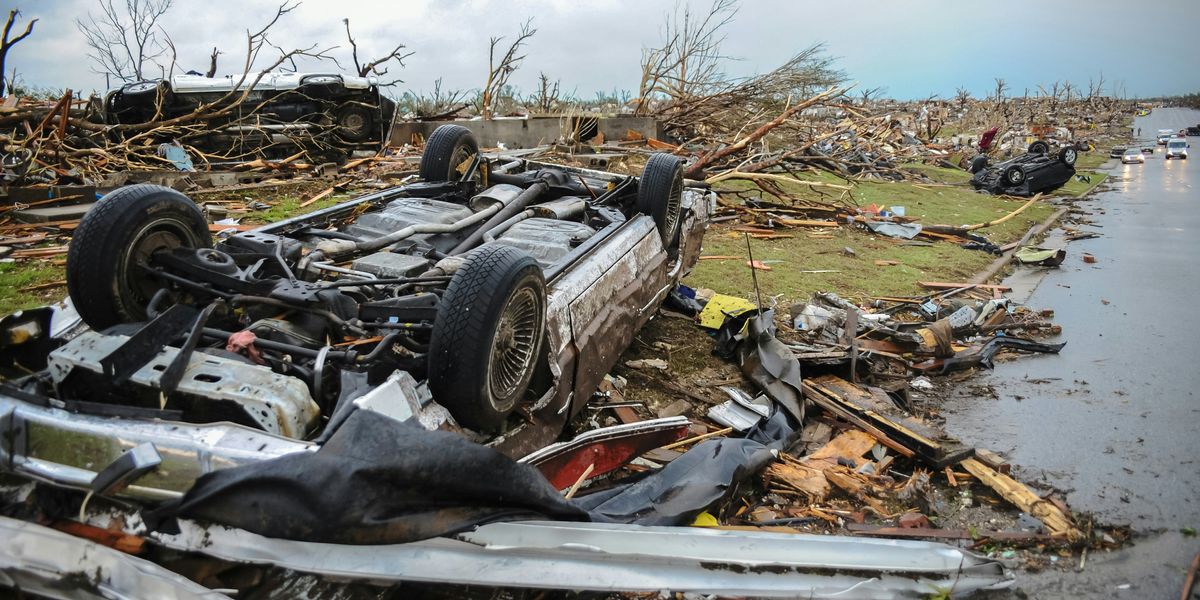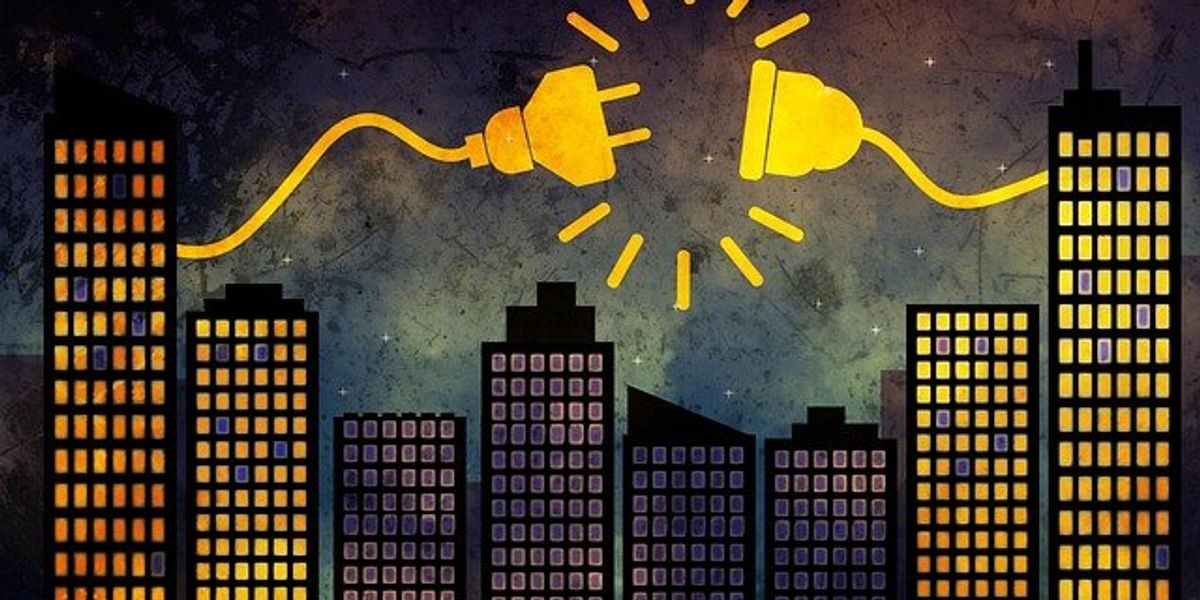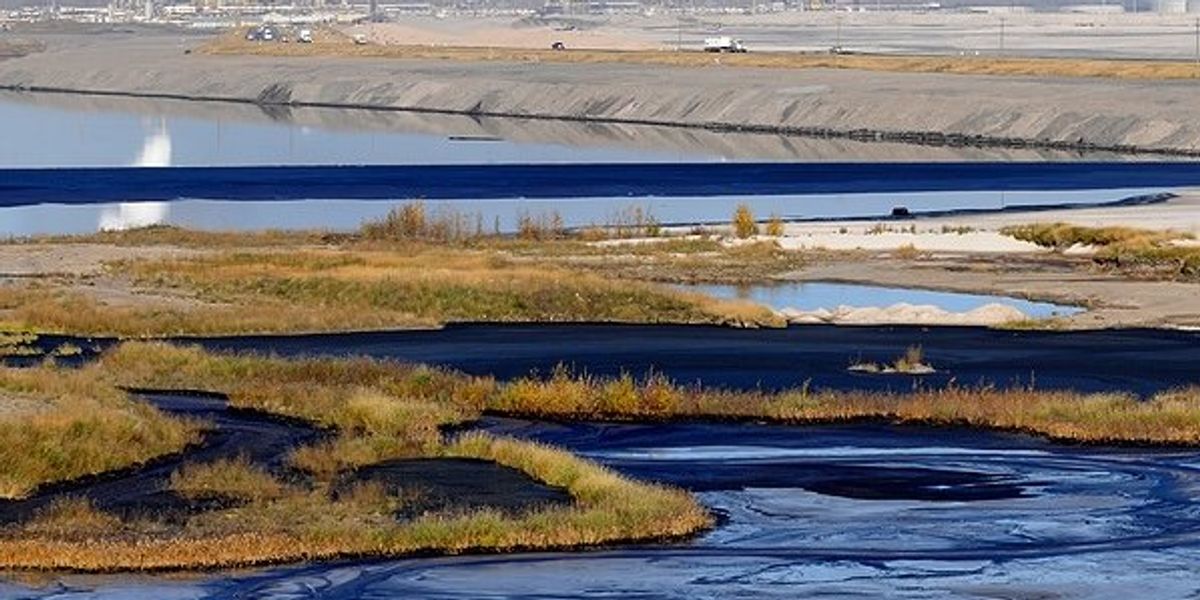EU shifts course on climate policy as deregulation accelerates
The European Union has begun scaling back major environmental protections under the Green Deal, sparking concern among campaigners who say the bloc is rapidly losing its climate leadership.
In short:
- Since late 2023, the EU has delayed or weakened key Green Deal measures, including anti-deforestation rules, pollution standards for automakers, and sustainability reporting requirements for corporations.
- The new European Commission, increasingly influenced by center-right and far-right parties, has prioritized cutting red tape for businesses, aligning more closely with industry interests and distancing itself from past climate commitments.
- Environmental groups warn the shift reflects a broader political backlash against climate policy, mirroring developments in the U.S. and UK and threatening long-term public health and environmental goals.
Key quote:
“This is highly relevant because it’s the first proposal under the simplification agenda that’s been put forward and … it’s not just weakening it a little bit, it’s slashing it. The heart of the proposal has basically been taken out.”
— Paul de Clerck, campaigner at Friends of the Earth Europe
Why this matters:
Europe’s Green Deal was once hailed as a global blueprint for cutting emissions, protecting biodiversity, and making the economy more sustainable. Its current unraveling comes at a time when rising temperatures, pollution-linked diseases, and extreme weather are already straining public health systems and ecosystems. Policies to curb deforestation, regulate corporate polluters, and cut industrial emissions have direct links to reducing cardiovascular disease, respiratory illness, and cancer. Rolling back these rules under the guise of competitiveness risks shifting the burden of pollution from industries onto people, especially children, the elderly, and low-income communities. As the EU softens its stance, its credibility on climate leadership is weakening, just as global cooperation is needed most to limit irreversible environmental harm.
Read more: Greenwashing law reversal deepens political rift in European Union







































